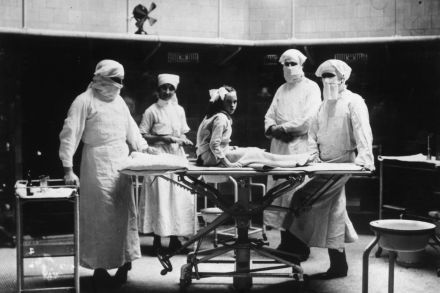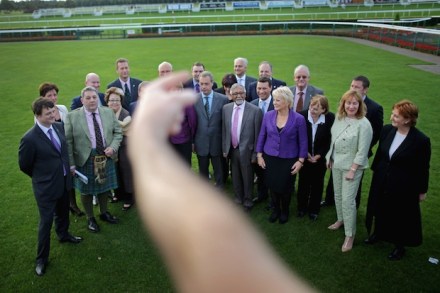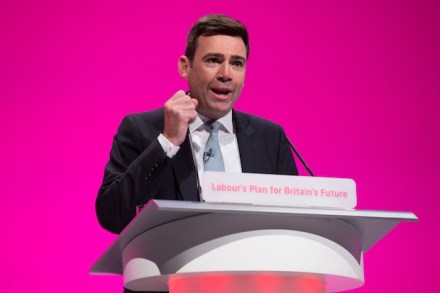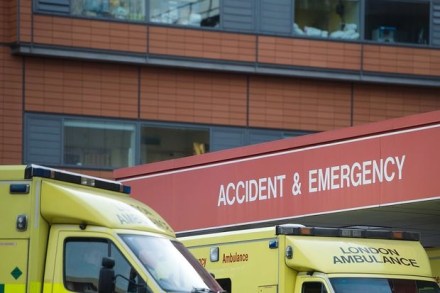How to fix the NHS: a doctor’s prescription
I’m a doctor, and I don’t care about the NHS. In this country, that’s an almost heretical statement — but it’s true. What I mean is that I have absolutely no interest in ensuring its survival simply because it’s a great national treasure. What I care about is making sure that we have the best possible and most cost-effective healthcare system. And as it happens, despite the strikes, panic and doom-mongering, I think the NHS — by which I mean a nationalised healthcare model — is the best option available, if only someone were brave enough to make the right changes in the right way. Don’t expect this government to


















